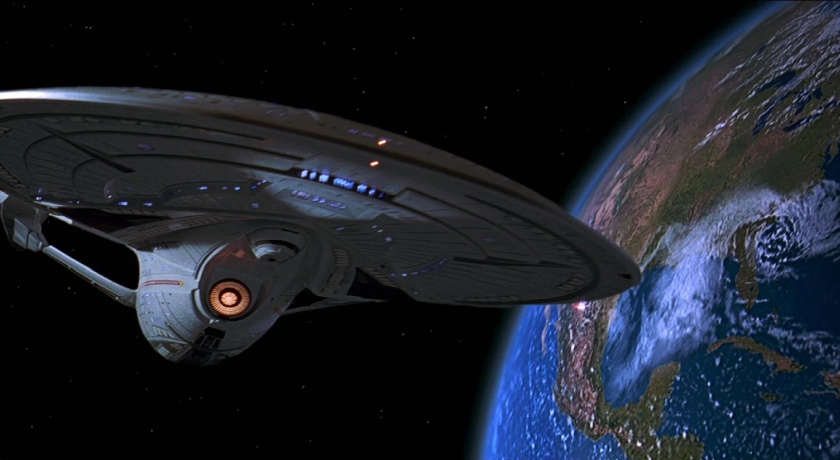While we are a far cry from the USS Enterprise commanded by Captains Kirk or Picard, the announcement of the US Space Force as the sixth branch of the United States Armed Forces presents many opportunities for Australia’s own emerging space industry. Would you like to know more?
Despite signing the executive order to create Space Force as the sixth branch of the US Armed Forces in June, there has been some uncertainty over the creation, management, capabilities and oversight of this new force, which has become one of President Donald Trump's pet projects.
The US Department of Defense issued a report following the National Defense Authorization Act for Fiscal Year 2018 describing the following five actions that can be taken immediately to begin building the US Space Force:
- Accelerate space technology and development initiatives, which were modernisation priorities laid out in President Trump’s National Defense Strategy;
- Establish a Space Development Agency charged with developing and fielding new next-generation capabilities for national security space development;
- Establish a Space Operations Force of professionals who will form a new community of experts working to lead America’s national security space efforts into the future;
- Establish an operating structure and accountable civilian oversight for Space Force; and
- Create a US Space Command, a unified combatant command, to improve, evolve, and plan space warfighting.
The key focus of the US President's decision to establish a Space Force is best summarised by a whitehouse statement: "President Trump knows that space is integral to our Americal way of life and economic prosperity, and is a vital domain for national defence."
Pursuant to this, it is anticipated that the US Space Force will provide a range of strategic capabilities and economic opportunities for the US:
- With Space Force as a sixth branch of the US military, America’s interests in space will receive the focus and investment that the domain deserves;
- The US relies on space for everything from popular commercial systems to critical military and intelligence systems;
- Space is also invaluable to American private industry, which is developing technologies that will utilise space for exploration, resource extraction, and tourism;
- Potential adversaries recognise the importance of space to the US and are developing ways to deny their use of it in a crisis; and
- The Director of National Intelligence has warned that multiple countries, including Russia and China, are developing both destructive and non-destructive anti-satellite weapons that could come online within a few years.
- The US national security community recognises the necessity of developing new technologies for space to defend against an increasing array of threats.
Vice President Mike Pence recently participated in the official launch of the the US Space Force at the Pentagon, where he was joined by Secretary of Defense Jim Mattis, and the US military establishment welcomed the creation of the branch and the revitalisation of the President's National Space Council, which will be responsible for co-ordinating space activities.
Vice President Pence will chair the National Space Council and expressed three key objectives: "to reorient our space program toward human exploration, unleash America’s burgeoning commercial space companies, and safeguard our vital space assets with new space traffic management policy."
As part of the new defence budget, the President approved resources for two cutting-edge military communications satellites and nearly $1 billion for space defence programs, and will see renewed calls by the President to Congress to invest an additional $8 billion in American space security systems over the next five years.


